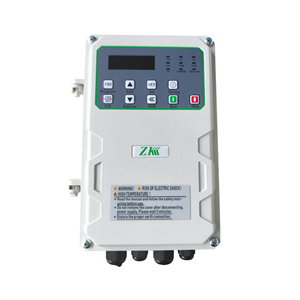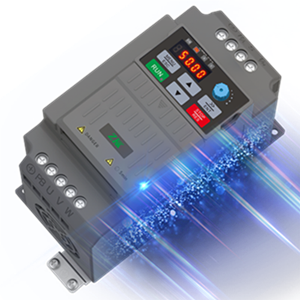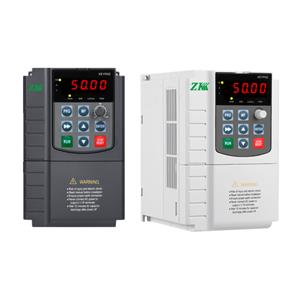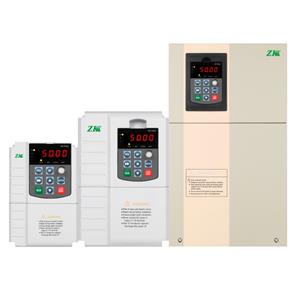Revolutionizing Air Compression: The Strategic Role of Variable Frequency Inverters in Modern Industry
The air compressor industry,a critical driver of manufacturing,construction, and energy sectors,is undergoing a transformative shift with the integration of variable frequency inverters.These advanced devices are redefining efficiency,reliability,and sustainability in compressed air systems,enabling businesses to meet escalating demands for cost reduction and environmental compliance.
Energy Efficiency: Slashing Operational Costs
Air compressors account for up to 40% of industrial electricity consumption,with fixed-speed models wasting energy during low-demand periods.Variable frequency inverters eliminate this inefficiency by dynamically adjusting motor speed to match real-time air demand.For example,a German automotive plant reduced its compressor energy use by 35% after installing VFIs, saving €120,000 annually.Such savings align with global push to cut industrial energy waste by 50% by 2030.
Precision Control for Stable Air Supply
Fluctuations in air pressure can disrupt production lines and damage equipment.Variable frequency inverters ensure system stability through:
Pressure Matching:Continuous adjustment of compressor output to maintain ±0.1 bar pressure accuracy.
Load Shifting:Prioritizing variable frequency inverters-driven compressors during off-peak energy pricing windows.
Multi-Compressor Syncing:Intelligent coordination of compressor banks to avoid "overlapping" operation.
Extending Equipment Life and Reducing Downtime
Traditional fixed-speed compressors endure mechanical stress from frequent starts/stops.Variable frequency inverters mitigate wear via:
Soft Start/Stop:Gradual motor acceleration reduces gearbox stress,extending lifespan by 30–50%.
Zero Downtime Switching:Seamless transition between compressors during maintenance.
A Chinese cement plant reported 60% fewer bearing replacements after variable frequency inverters implementation.
Smart Air Systems with IoT-Enabled Variable Frequency Inverter
Modern variable frequency inverters serve as the brain of Industry 4.0 compressed air networks:
Predictive Analytics:Variable frequency inverters sensors track vibration patterns to forecast maintenance needs 2–3 weeks in advance.
Cloud-Based Optimization:AI algorithms analyze historical data to recommend energy-saving profiles.
Leak Detection:Flow monitoring via Variable frequency inverters-driven pressure curves identifies leaks with 95% accuracy.
Sector-Specific Applications
Manufacturing:
Variable frequency inverters-controlled compressors maintain precise pressure for CNC machines,reducing defective parts by 18%.Pharmaceuticals:
Oil-free compressors with variable frequency inverters ensure ISO 8573-1 Class 0 air purity for sterile environments.Mining:
Explosion-proof variable frequency inverters regulate compressor output in methane-rich underground environments.
Overcoming Industry Challenges
While variable frequency inverters offer clear benefits,adoption barriers include:
High Initial Costs:ROI periods under 2 years (via energy savings) now justify upfront investments.
Harmonic Distortion:Active filters in modern variable frequency inverters maintain THD below 5%,complying with IEEE 519-2022.
Technical Training:Manufacturers like Atlas Copco offer VR-based variable frequency inverter maintenance simulations.
Market Growth and Innovations
The global variable frequency inverter market for compressors is projected to grow at 8.4% CAGR, reaching $4.7 billion by 2028. Emerging trends include:
Hydrogen Compressor Integration:variable frequency inverters enabling precise control for green hydrogen energy storage.
Edge Computing:Localized AI processing in variable frequency inverters for real-time decision making.
Hybrid Systems:Combining variable frequency inverter-driven electric compressors with thermal energy recovery.
Conclusion
Variable frequency inverters are no longer optional in air compression systems—they are strategic assets driving operational excellence.By delivering unmatched energy savings,system reliability,and smart connectivity,variable frequency inverters empower industries to achieve sustainability targets while boosting profitability.As compressed air remains the "fourth utility," early adopters of variable frequency inverter technology are securing decisive competitive advantages.




